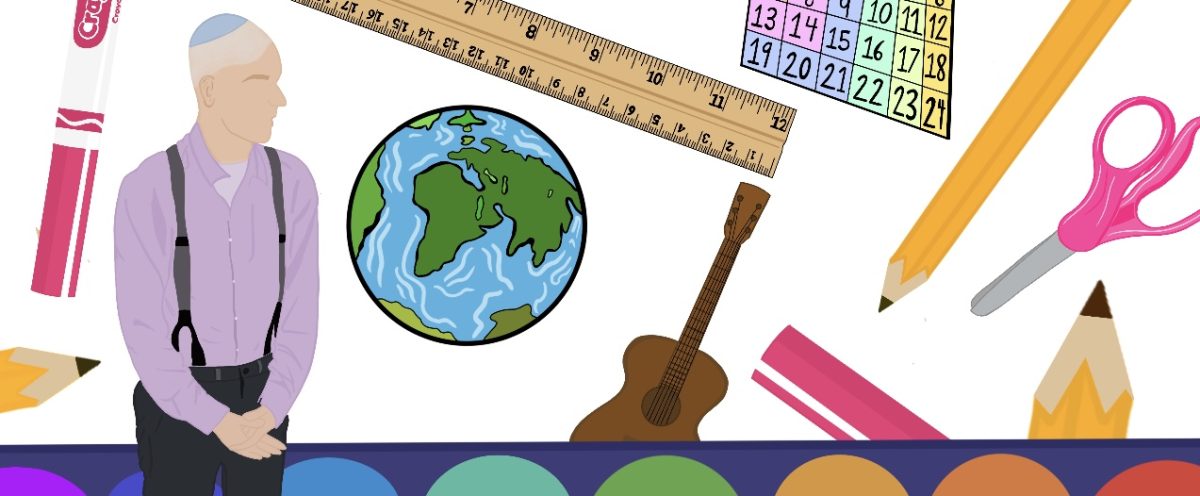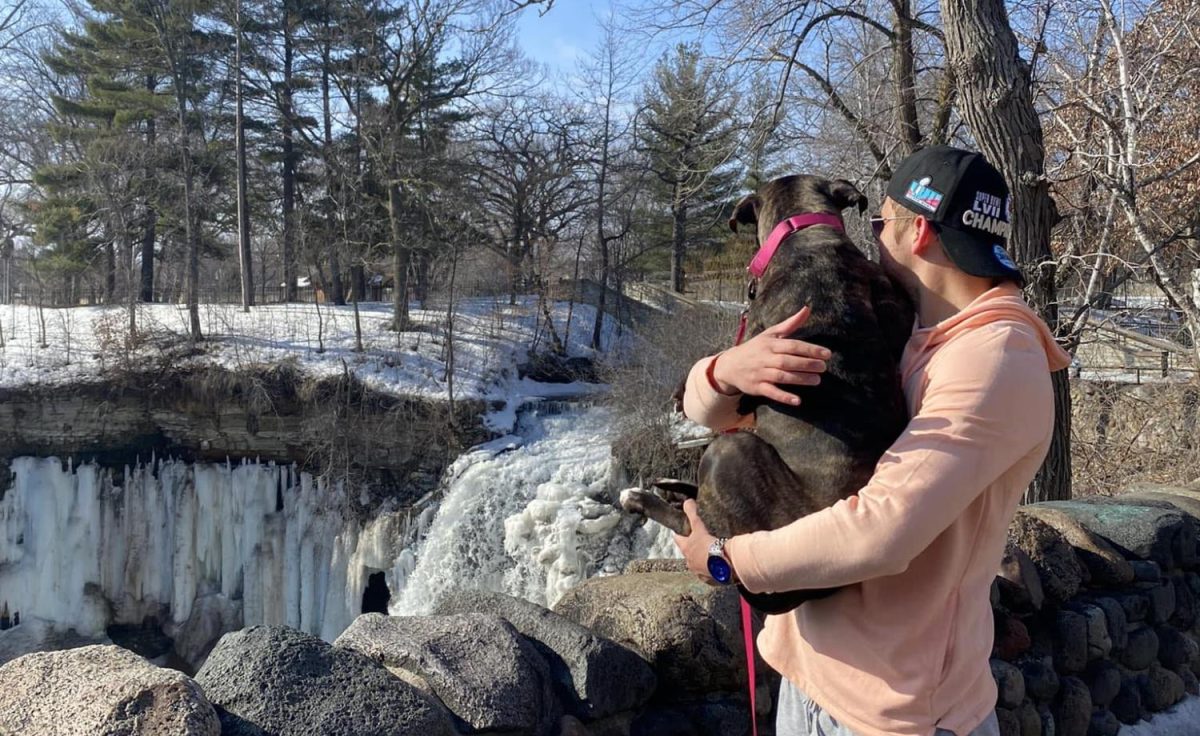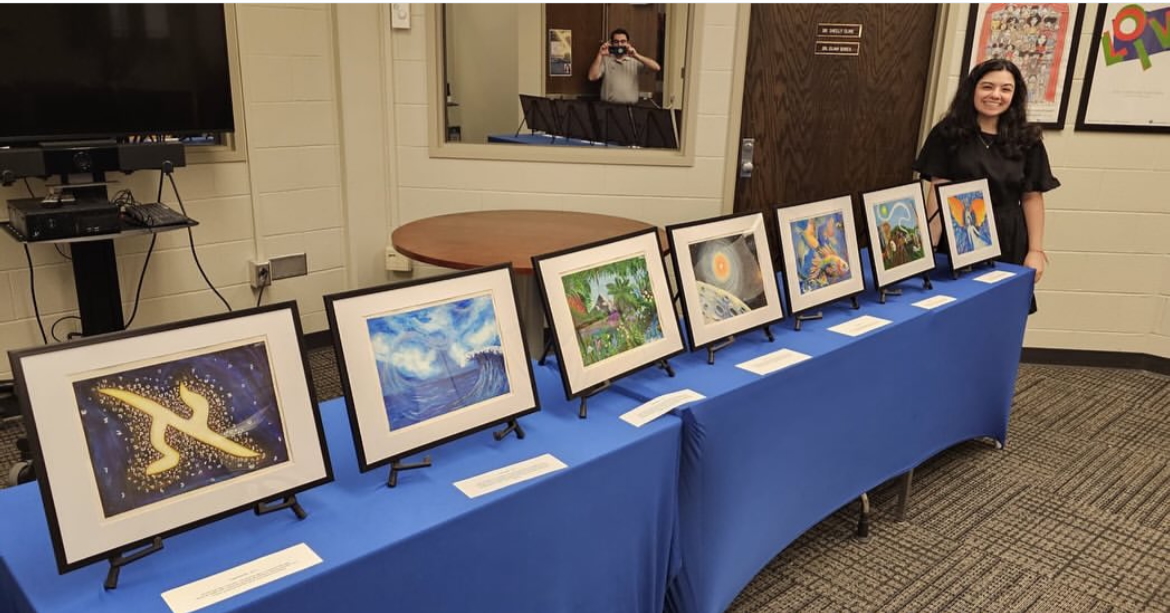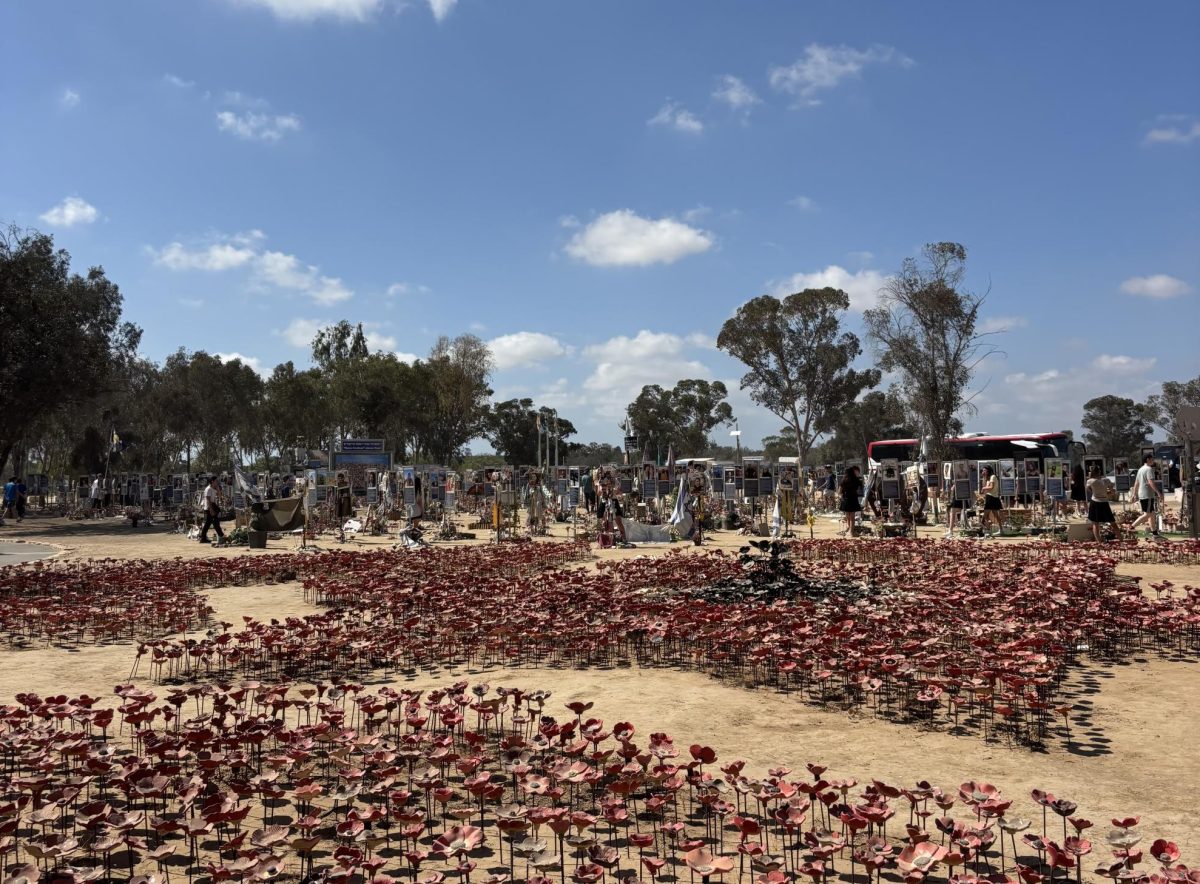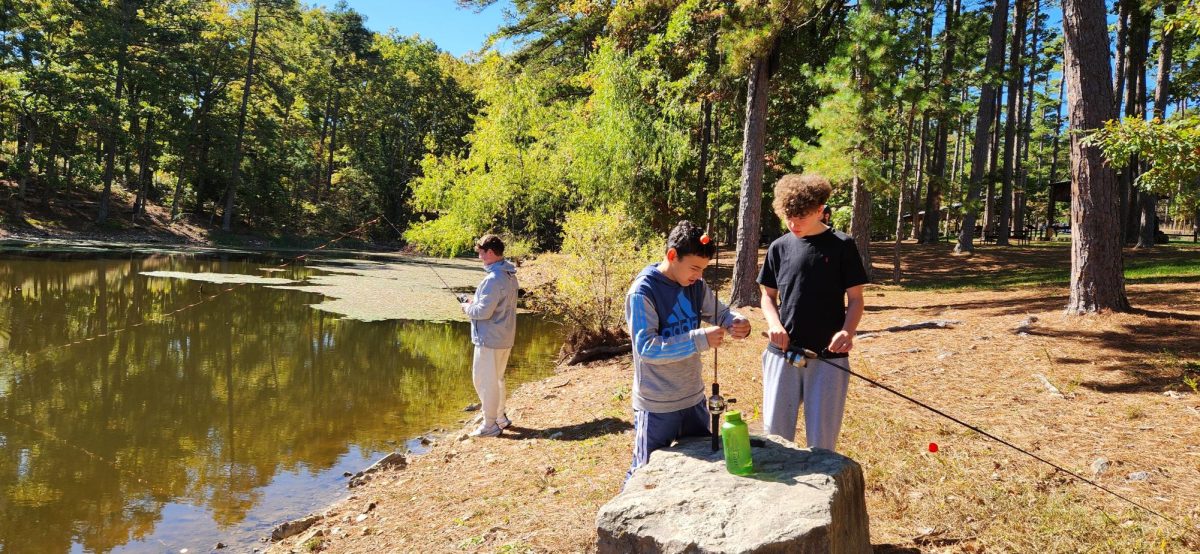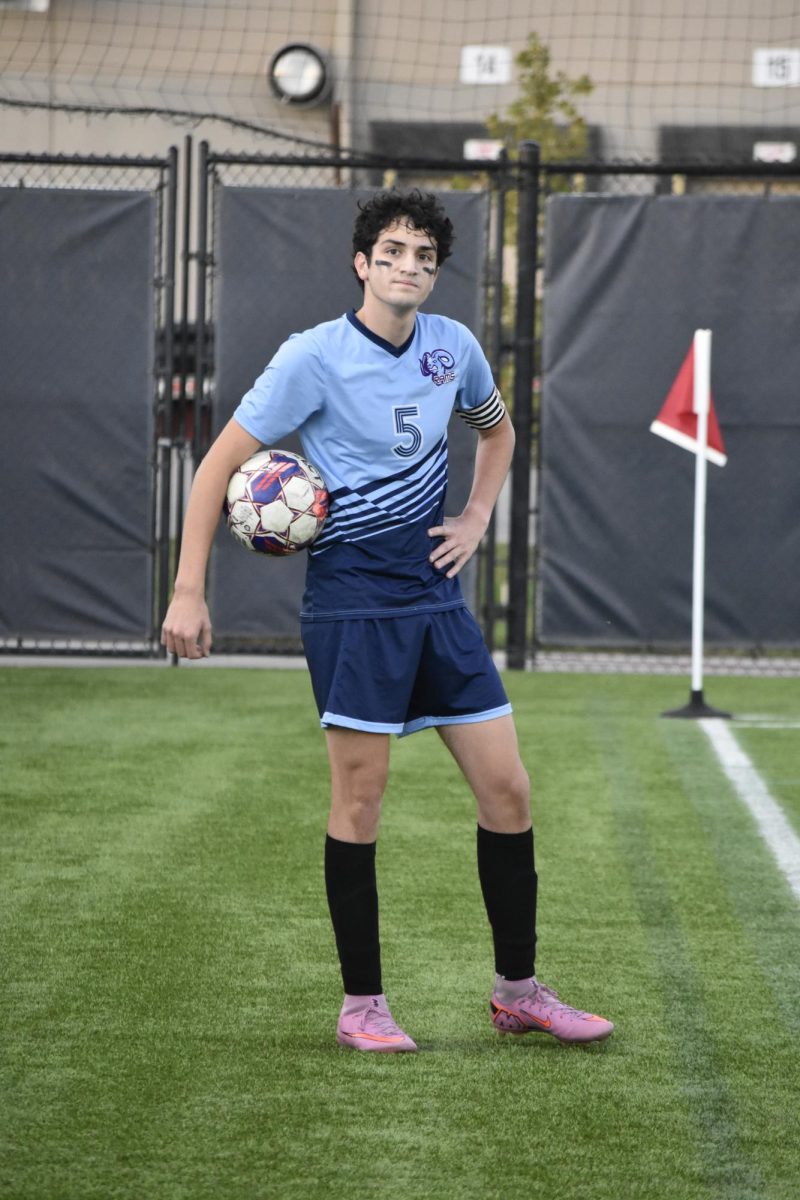What Is Rape Culture?
May 9, 2021
Slider photo by Annie Fingersh
[TW // sexual assault, rape, suicide.]
What is rape culture? Rape culture is a societal attitude which normalizes rape and sexual assault against all people, especially women. One of the most problematic aspects of rape culture is that the majority of society and media excuses or ignores this behavior. Though rape culture affects everyone, it is primarily perpetrated by men against women with behaviors like misogynistic language, objectification of women’s bodies, not taking accusations seriously, sexually explicit jokes, and more.
Who can experience sexual violence and rape? Unfortunately, everyone can. Some groups are at higher risk than others, mainly women, TGQN college students (transgender, genderqueer, nonconforming), and teenagers. According to the Rape, Abuse & Incest National Network (RAINN), 21 percent of TGQN college students have been sexually assaulted. One out of every six women has been the victim of an attempted or completed rape. Additionally, females ages 16-19 are 4 times more likely than the general population to be victims of sexual violence. However, this doesn’t mean men can’t be victims of sexual violence either. In fact, one out of every ten rape victims are male, and three percent of men have been victims of an attempted or completed rape in their life.
Living in the age of social media, rape culture especially affects teens today. Content regarding rape and sexual assault is widely avaliable on the Internet, and while that may help educate some teens, most continue to stay ignorant.
Sara Whelan, Hyman Brand Hebrew Academy’s (HBHA) school psychologist, says that as users of social media, we “must be mindful and aware of what we put out there and consume,” and that if we don’t monitor this, we can be supporting rape culture either intentionally or unintentionally by sharing images or comments that perpetuate rape culture.
Consistently, many teens who have not experienced sexual assault do not understand what it means to be a sexual assaulter. They think that being a rapist means to assault someone while threatening their life or holding them against their will. Sexual assault and harassment isn’t just rape; it can be any number of things, from simply making someone feel unsafe with sexual comments or touching, to catcalling, and pushing things too far when someone has told you “no.”
When polled, only 68 percent of HBHA high school students said that they classify “making someone feel unsafe with sexual comments” as sexual assault/harassment. Additionally, only 80 percent classified non-consenual touching as sexual assault/harassment, and while that is the majority, some teens still clearly think that this is acceptable behavior.
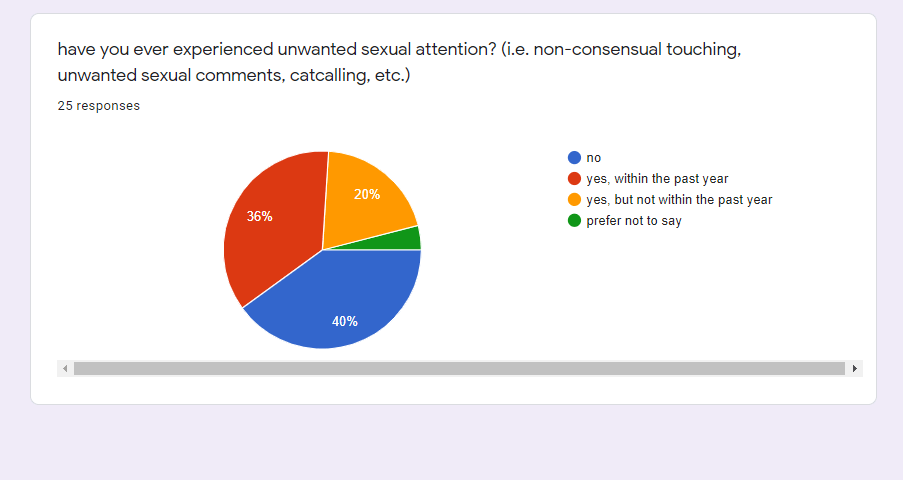
Along those same lines, the general population consistently excuses assaulters by saying things like “She was asking for it!” or “Boys will be boys!”, successfully blaming the victim, one of the biggest reasons some victims don’t come forward after being sexually assaulted or raped. Another reason some teens do not come forward after sexual violence is because the assaulter is often a friend or someone they previously trusted. Once that trust is broken, they don’t know whom they can turn to.
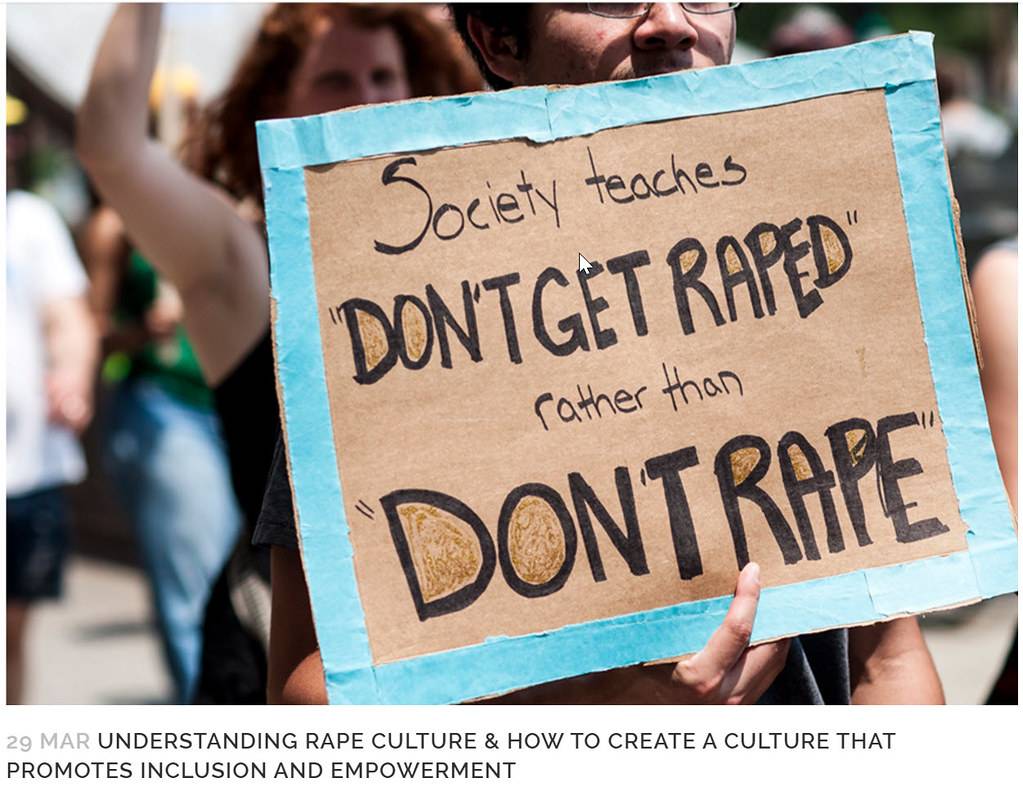
Gender norms also play a big role in rape culture. From a young age, women are taught not to walk alone at night, don’t dress provocatively, and more. Instead of this, why aren’t men taught from a young age not to rape? By those same gender norms, many men are ashamed if they are victims of sexual violence because the stereotypical male masculinity perpetuates the idea that men can’t also be raped.
Another reason rape culture is so problematic is because the mental effects of sexual violence are long lasting and severe, especially for teens. Whelan says that many teens “live with the knowledge in isolation,” and won’t tell anyone for fear of not being believed or because they feel guilty.
Whelan says that teens who are victims of sexual violence can also experience “flashbacks, PTSD, depression/anxiety, or a multitude of other diagnoses.” Additionally, according to RAINN, 33 percent of women who are raped contemplate suicide and 13 percent attempt suicide.
Whelan also notes that everyone’s experience dealing with trauma differs and that “having professional support or support from trusted friends and family is so important.”
If you or someone close to you is a victim of sexual violence and are in need of support, please reach out to a trusted adult or an organization with a 24 hour crisis line, like MOCSA (816.531.0233) or RAINN (800.656.4673).
































